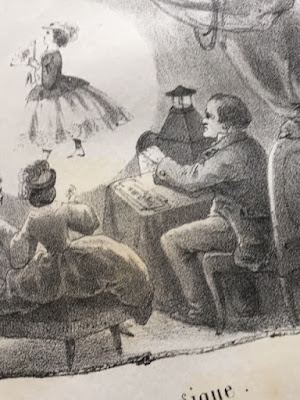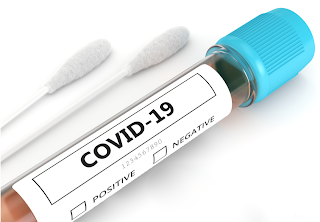Less is more - Griselda Heppel begs for fewer fewers
Being a frightful pedant, but obviously not wishing to look like one, I always rejoice when someone else brings up the subject of grammar. So thank you, Enid, Sandra, Jan, Bill and Eden forconducting such a lively discussion on the subject on Authors’ Electric a couple of days ago. Various reasons were given for what bad grammar signifies, including poor ability to communicate (yes, often) or a general incompetence (I wouldn’t go that far – but it depends on how disastrous a person’s grammar is I suppose!). To those I’d like to add my particular aversion: intellectual snobbery arising from ignorance. So, here goes: 1. WHOM. This should only ever be used in the genitive, dative or ablative case and sometimes not even then. Of whom, to and for whom, by, with, from and in whom are all correct. But you don’t always need to be so pure, especially not in realistic dialogue. ‘Who are you talking to?’ rings much more naturally than ‘Whom are you talking to?’ or to be ...



